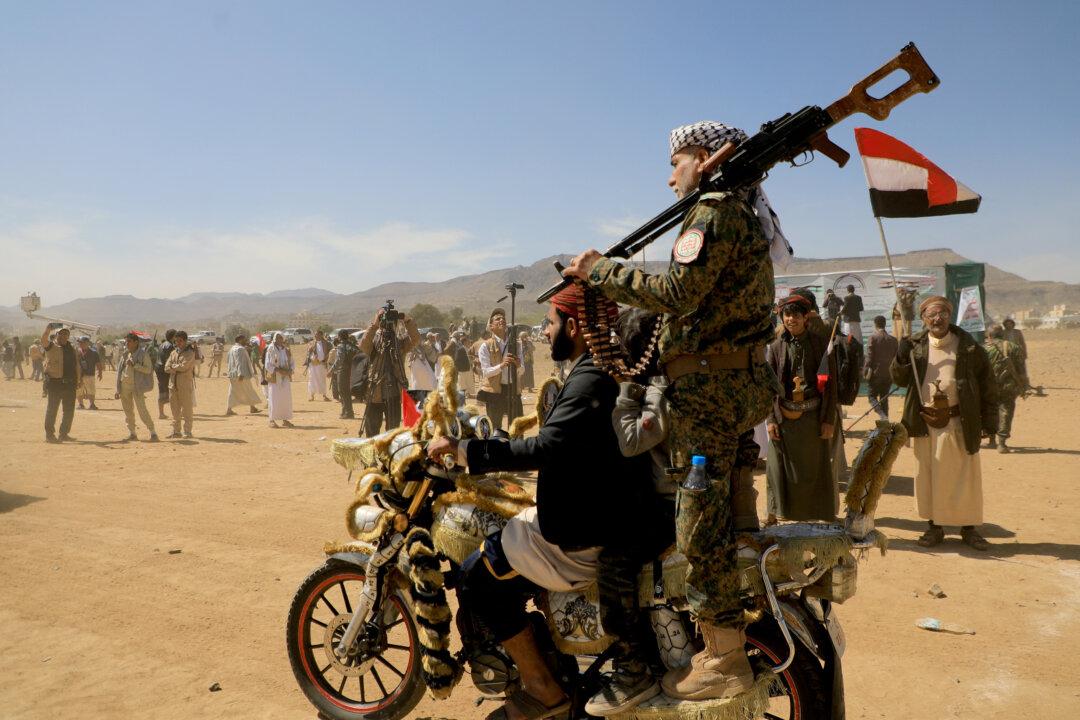The United States’ strategy for countering the Chinese Communist Party’s (CCP) ambitious “Belt and Road Initiative” (BRI) has encountered significant setbacks due to escalating Houthi attacks in the Red Sea. The developments suggest an increasing Chinese influence in the region, with implications for the balance of power.
Central to the U.S. strategy is the India-Middle East-Europe Economic Corridor (IMEC), a project that aims to offer an alternative to China’s expansive infrastructure network. However, the ongoing conflict between Israel and Hamas, along with the disruptive actions of Yemen’s Houthis in key Red Sea shipping lanes, has severely hampered the progress of IMEC.





